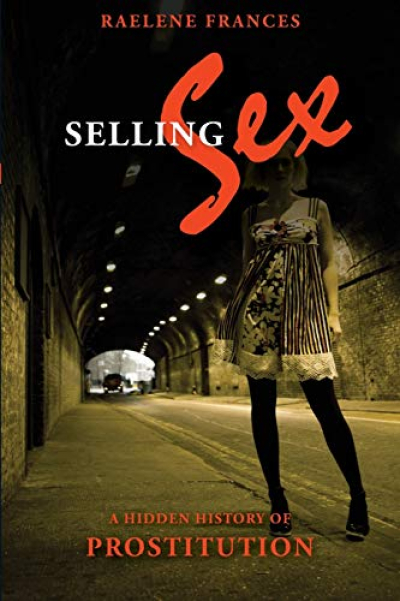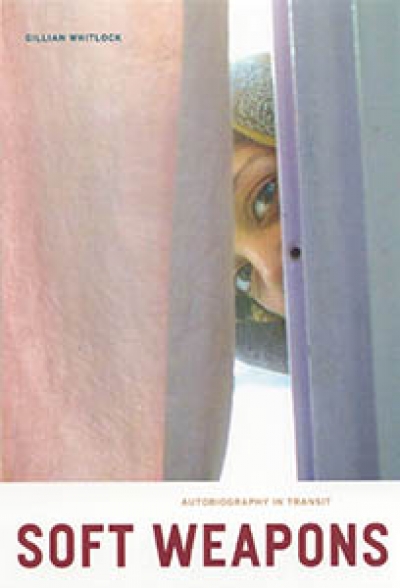Cultural Studies
The Porn Report by Alan McKee, Katherine Albury and Catharine Lumby & Princesses and Pornstars by Emily Maguire
by Jay Daniel Thompson •
Britishness Abroad: Transnational Movements and Imperial Cultures edited by Kate Darian-Smith, Patricia Grimshaw and Stuart Macintyre
by Gillian Dooley •
Drawing the Global Colour line: White men’s countries and the question of racial equality by Marilyn Lake and Henry Reynolds
by Warwick Anderson •
Selling Sex: A hidden history of prostitution by Raelene Frances
by Jay Daniel Thompson •
Other Colours: Essays and a Story by Orhan Pamuk (trans. By Maureen Freely)
by Sarah Kanowski •
The Darker Nations: A people's history of the third world by Vijay Prashad
by Brian Stoddart •










